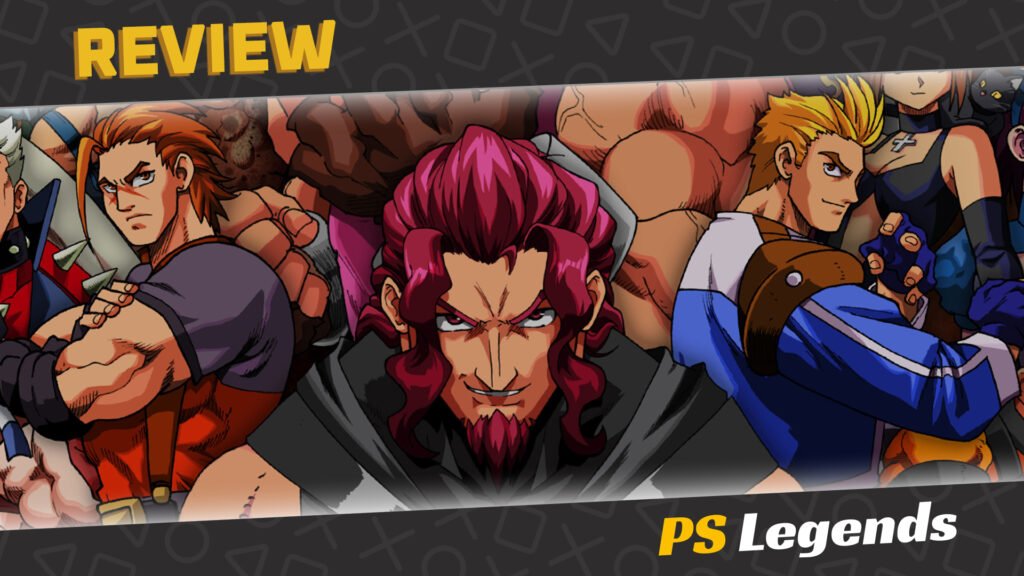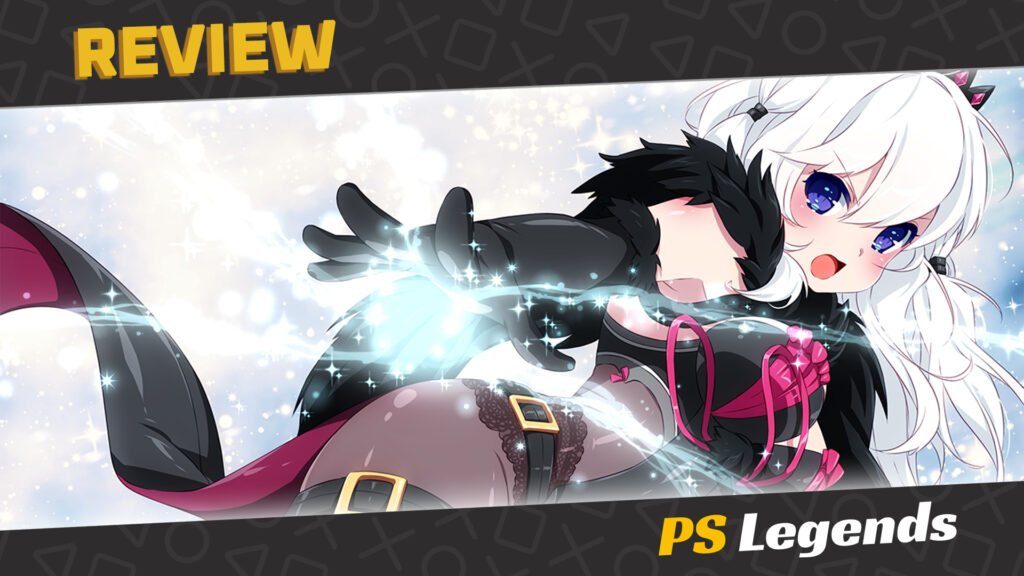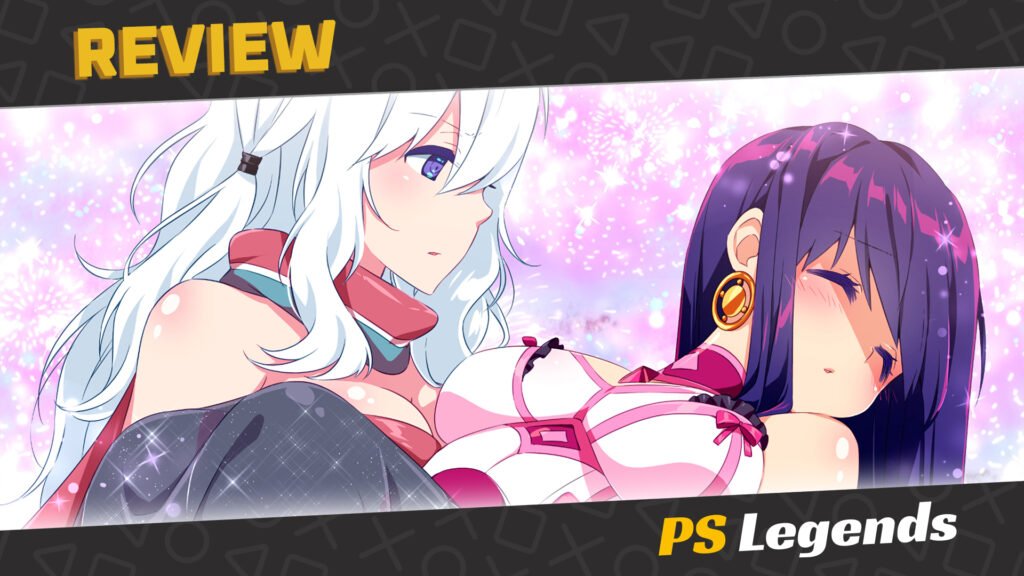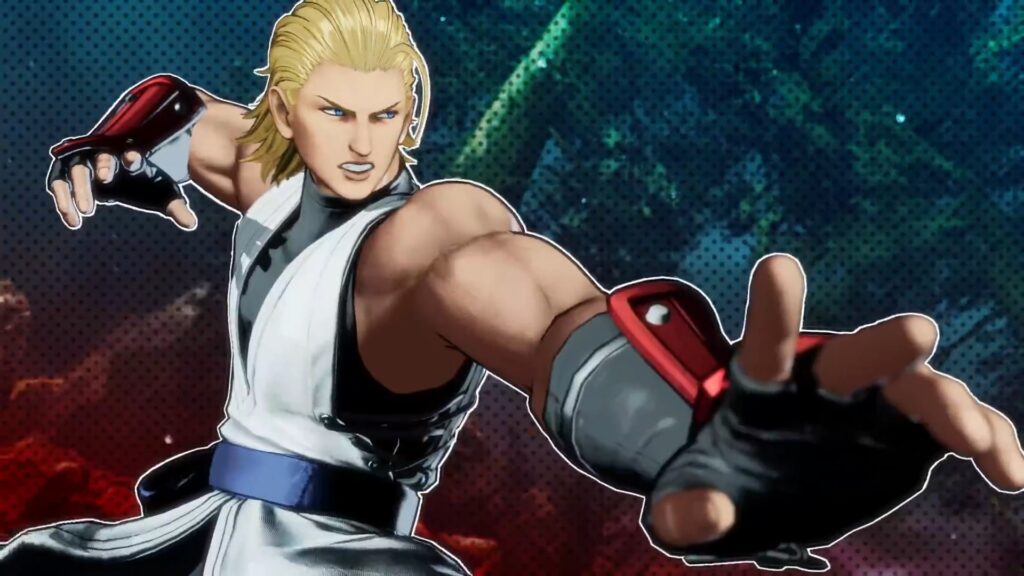In this age of gaming remasters, it’s not too uncommon for cult classics to get more time in the sun. As games are ported, remade, and upscaled, many series are given a second life. This has allowed many games, good or bad, to return to the public eye, even if only for a short time. And QUByte’s Rage of the Dragons NEO is one of the latest games to receive this treatment. But does it hold up, or does it fall flat?
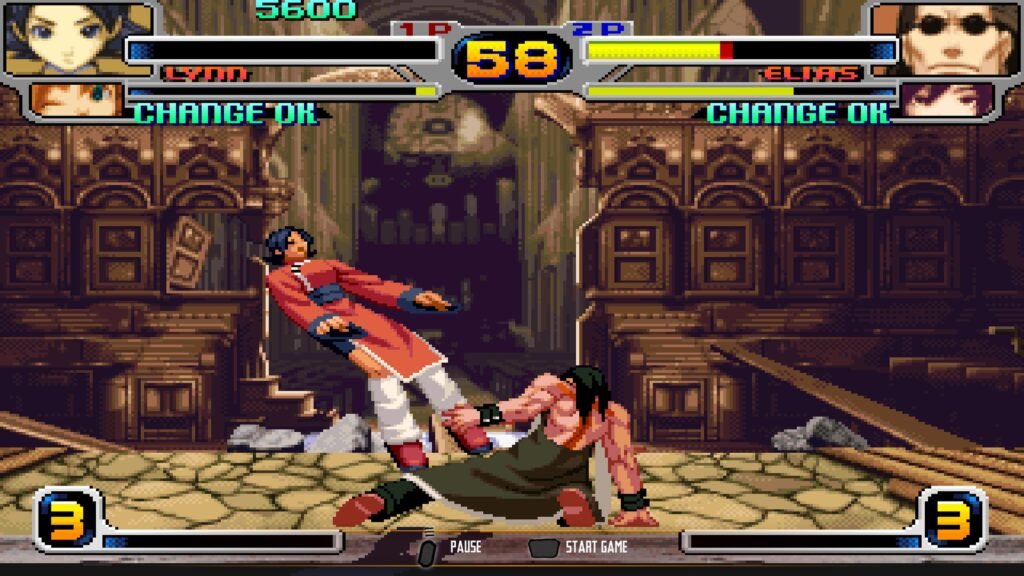
If you didn’t know, Rage of the Dragons was originally released on the Neo Geo in 2002, and was conceived as a Double Dragon versus fighting game. After developers Noise Factory and Evoga failed to obtain the rights, the decision was eventually made to turn the title into a spiritual successor. The end result is a fun digital time capsule of late 90’s/early 00’s fighting games. And thanks to QUByte, that time capsule is now available on current gen consoles.
Main Event: Gameplay
The gameplay of Rage of the Dragons is very reminiscent of King of Fighters. With it’s dual-fighter tag system and input style, it feels like playing a spiritual successor to that series. Similar to an SNK or Capcom fighter, many moves are done with combinations of stick rotations and inputs.
Special attacks are done with these rotations, and special meters can be filled to use more complex superattacks. For anyone familiar with games like Street Fighter, picking up and playing this game is a breeze. Extra experience with a tag-team fighter is helpful, but not required.
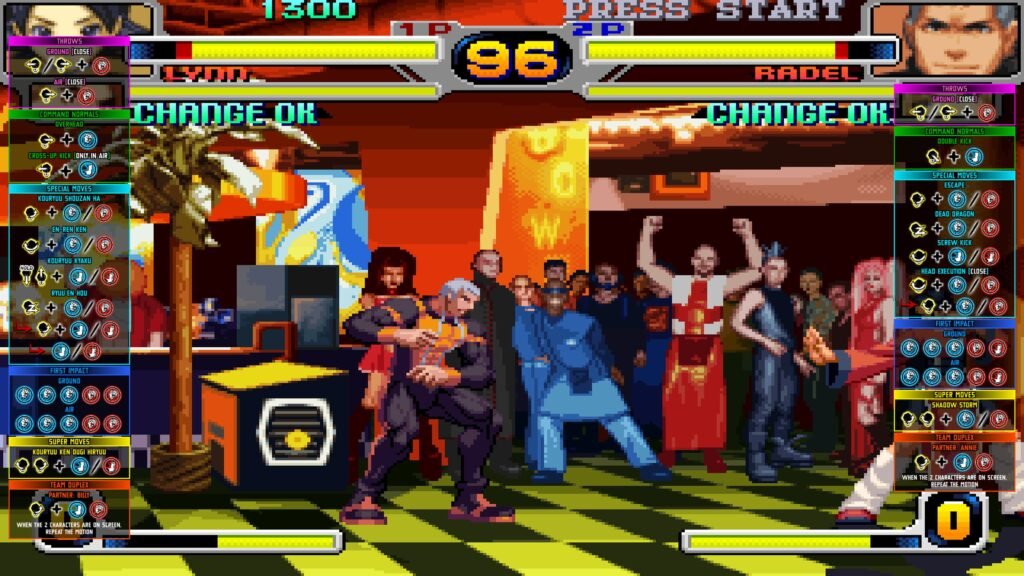
The tag system has also been upgraded for NEO, with the option of increasing team sizes. The only caveat however, is you can only tag between the two active fighters. The extra two per team can only be accessed once an active one is eliminated. Still, it’s a cool addition that mixes up the original formula.
The Most Impressive Upgrades (Get the Least Use)
With NEO being a remaster, it has its share of modern features and changes from the original version. Most notable is the way its replay mode works. Similar to Tekken 8, when watching a replay you can take control of one of the characters to test out different moves and reactions.
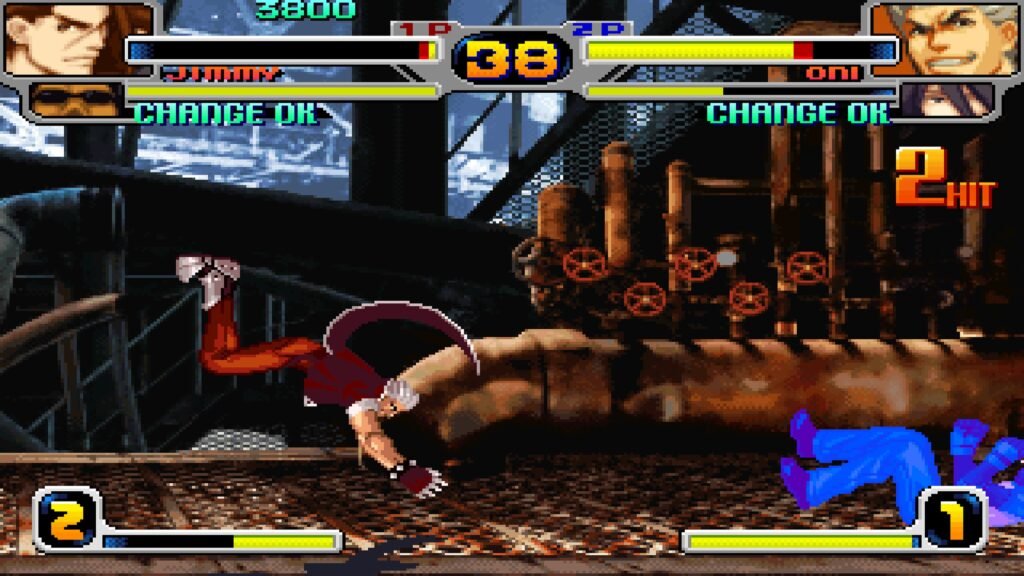
It’s always helpful to be able to rewatch fights and observe where you went wrong, but to be able to test your ideas immensely is a whole other level. Sadly, this is an online match-only feature, so I was unable to check it out due to another issue I had.
Where are the Challengers?
The online functionality of Rage of the Dragons NEO is pretty impressive from a technology standpoint. The use of rollback net code alone is a huge feat. The sad part is I couldn’t find a match. I tried and checked and couldn’t find any matches.
I’m unsure how matchmaking works here, but I feel the addition of a region selection option could help tremendously in this department. And honestly, the online fighting game scene is a pain to break into. Still, there’s nothing more heartbreaking than to see such awesome features hardly see any use.
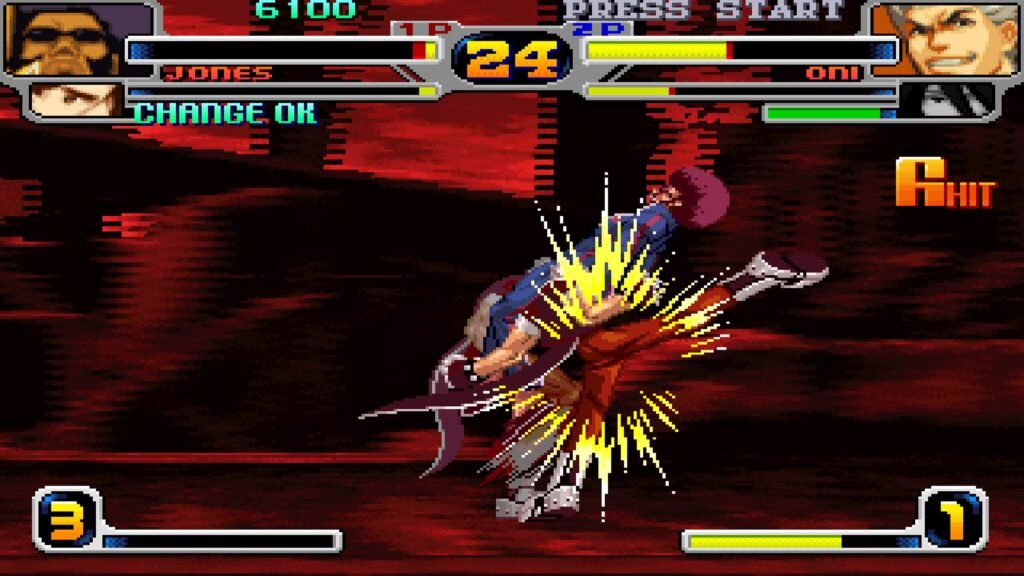
Nostalgic Visuals & Audio
The visual and audio design of this title is yet another feature that gives this game a nostalgic feel. Much of the game’s style echoes a vibe that you’d find in Street Fighter Alpha or King of Fighters ’02. Thanks to QUByte’s emulation engine, it’s never looked or sounded more clear. It’s clear the people who brought this game to modern audiences care about its preservation.
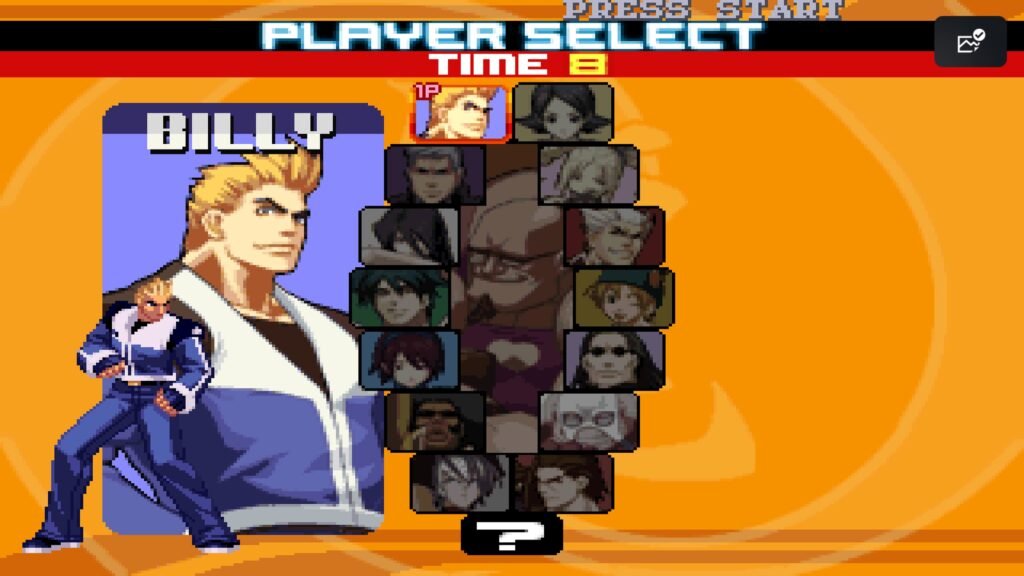
That preservation means there weren’t many changes made, both good and bad. The only change I would have preferred though are updates to some stages. The coloring and design on some stages make it feel like the original team was simply trying to meet a quota at times. Still, such issues can’t really be blamed on QUByte.
Replayability
With fighting games, the idea of replayability can be a tricky thing. The strength of a fighting game hinges on its gameplay above all else. So by those standards, Rage of the Dragons NEO can be very replayable. But as a game itself, it feels like it’s lacking.
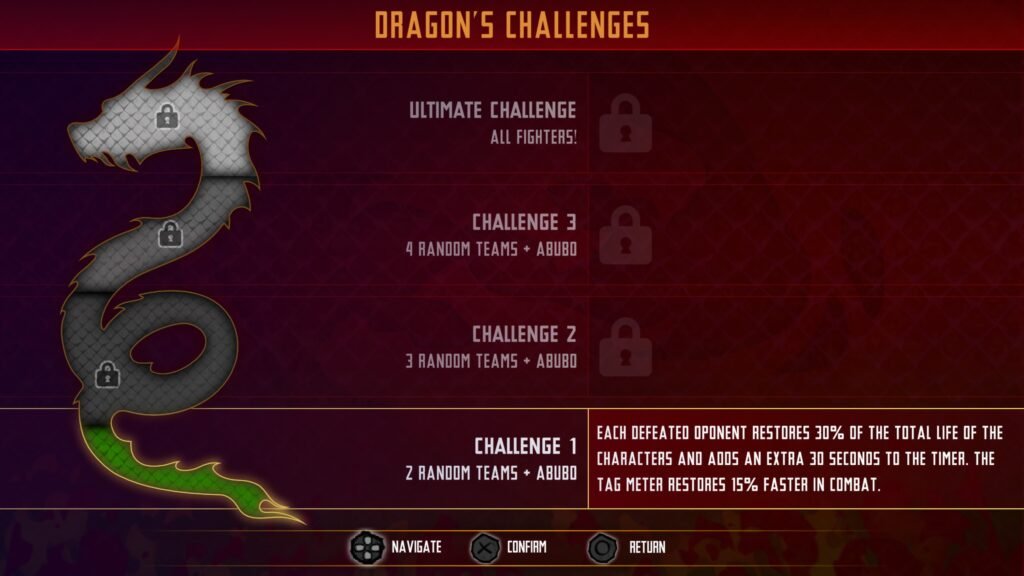
Outside of the Dragon’s Challenges mode, there isn’t a lot to complete or bonus content to unlock. All 35 trophies can be earned relatively quickly, with most being common occurrences. There’s no story or bonus mode to play through, either. That being said, it’s a pure-blooded fighting game, with its only focus being the actual, well, fighting.
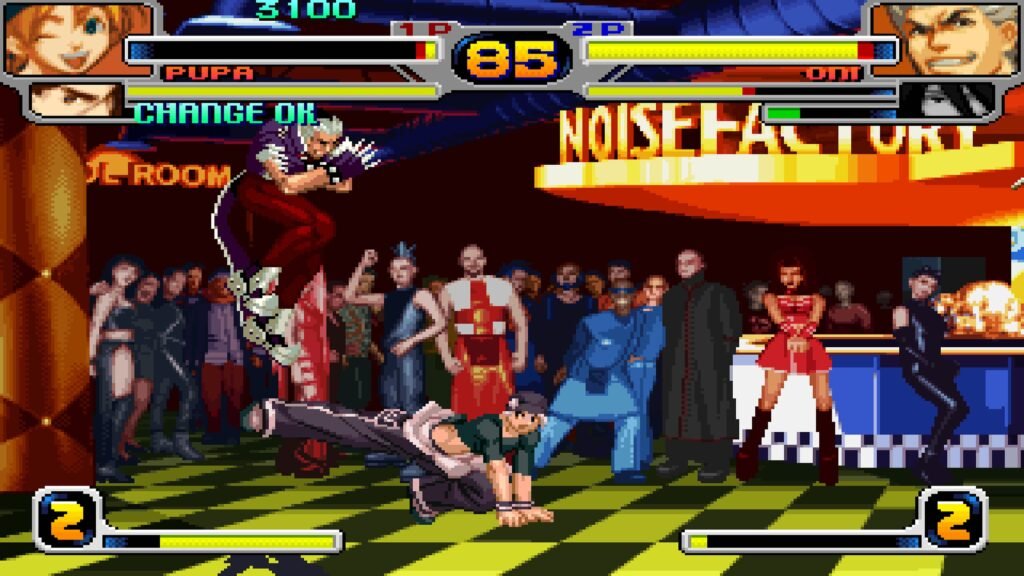
Putting the NEO Into Practice
Rage of the Dragons NEO is an unexpected remaster that adds a few good modern features to an otherwise obscure game. For fans of fighting games, it’s a fun title that deserves a spot in any collection. But for others, it may not be worth the purchase.
Although new additions improve the game a ton, certain faults like the lack of an online population can hinder the experience. For what it is, Rage of the Dragons NEO is a great rerelease of one of the more obscure tag-team fighters. If QUByte were to take the IP and make a completely new entry, I think they would knock it out of the park.
Joys
- Familiar, fun combat
- Revives a lesser-known tag fighter
Cons
- Few to no players online
